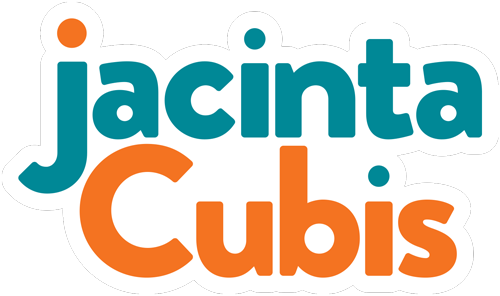Rich reflections
Last week I talked about a new question in my reflection tool kit which I got courtesy of one of my Masterclass participants (thanks Dan!).
Every facilitator knows the value of reflecting after a workshop. How you do that is entirely up to you. I like exercising outside, so I take my reflection question with me on a river walk, a bike ride or a swim. If I’m walking and want to record my insights, I use an app, like Otter. Swimming, I like to think that my responses to those questions get absorbed, with a little help from the rhythm of laps.
Anyone who comes to my Masterclass, or my monthly Lunch and Learns, tells me that they leave with lots of tips, both from my content and by experiencing my processes. I show them how I capture what I’m learning when I’m a participant.
I keep a section of each page of my notes for observations about the facilitator’s process – not the content. Put a line down the middle of your page. One side is for content, the other for what you learned from the facilitator’s process. What worked well, what didn’t and what you’d like to try to improve.
It was my reflection as a participant of a bad workshop at the start of lockdowns last year that triggered my Masterclass. It was hosted by ‘human-centred design’ experts in London. I was pretty excited to go.
It was such a bad experience. I left not long after the first break out room. I felt frustrated and even a little bit angry, which is always a good prompt for reflection. What happened, or didn’t happen, that made me leave early feeling like that?
1. There was no time set aside for us to connect.
2. No thought was given to ‘who’ was coming. The facilitators probably didn’t know who’d beam in, but what they could have considered was that we were zooming in from all parts of the globe, probably didn’t know anyone and were all feeling anxious about the pandemic. (Hey – read this paragraph again. There’s a whole set of ‘connection’ activities begging for action!)
3. It was all about the agenda, not us. We found ourselves in a break out room, expected to perform a task, but there was no time to even say ‘hi’ to the people we had to work with.
4. The instructions were garbled, complex and only given verbally. Nothing in the chat, nothing held up to the screen.
5. We weren’t given the tools to perform our task. Where did we capture our thinking? Our questions? How were we going to share this?
We felt a bit dumb, confused and disempowered. This version of ‘human centred design’ didn’t take people into account at all. I know fabulous experts in this space (hi Jo, Kate & Liz!) and they would have been disappointed too.
As part of my reflections, I thought about what I would have done. That list was long and detailed, ‘et voila’, I had the outline for my Masterclass on how to design great workshops. I drew on my 20+ years of experience to fill in the details.
I’m chuffed that almost 70 people have benefited from these reflections at my monthly Lunch and Learns. Eight participants at my first Masterclass dived a lot deeper. They say it has changed the way they both design and facilitate workshops.
I’d love you to reap the same rewards. Here’s two ways you can:
1. Join my next Masterclass series on workshop design. Four jam packed sessions: Tuesday 20 July – Tuesday 10 August, 12pm – 1.15pm. Just email me with JULY in the subject field and we’ll send you the details.
2. Can’t wait until then? I can bring the Masterclass to your organisation at a time to suit you. Email me with NOW in the subject field and I’ll give you a call.


